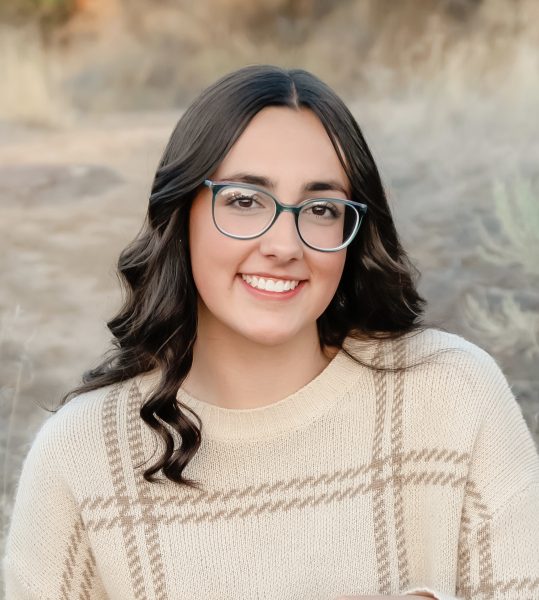OPINION: Slow down the book bans
February 24, 2023
The rate at which books are being banned and challenged in the U.S. has risen drastically within the last couple of years. Many of the books are well-written, allow people to learn about themselves, and teach essential life lessons. Schools should be the ones to decide what books get banned from their libraries.
Many books are being banned due to U.S. citizens, mostly parents and state government officials, trying to censor students from inappropriate book topics. While their intentions are good, why do they get to decide? School teachers and staff work directly with students and have a better understanding of how they think. Therefore, teachers can make the best decision of what books students shouldn’t read and what books they will be able to learn from.
The bans typically take place in schools and public libraries. Over 1600 book bans have occurred in schools across 32 states during the 2021-2022 school year. Most of the bans were requested by groups pushing for books with LGBTQ+ characters and characters of color to be prohibited. Books such as Speak by Laurie Halse Anderson, The Perks of Being a Wallflower by Stephen Chbosky, and Gender Queer: A Memoir by Maia Kobabe are examples of a few books that have been banned in parts of Idaho.
Book bans also go against students’ First Amendment rights, which declare that students have the right to access information. Therefore, schools are not allowed to ban books solely for political reasons. Books considered to be obscene are the only book topic not protected by the First Amendment. However, just because someone says a book is obscene doesn’t mean it is. This is why there is a test called the Miller test which requires a comprehensive consideration of the material before deciding if it is appropriate or not.
The Miller test is named after the Supreme Court’s Miller v California case arguing that there should be a test to determine whether a novel is obscene or not. The guidelines for this test are as follows: if the average person would find the book to appeal to sexual matters, if it describes sexual conduct, and if it lacks literary, artistic, political, or scientific value. While I am all for a test like this, book banning has gone beyond its guidelines and it was written by government officials. If schools are to follow a test like this, it should be written by the schools so students’ education will be taken more into consideration.
Books like To Kill A Mockingbird by Harper Lee are read in schools all over the U.S. Now it is being challenged by multiple people because they don’t think it’s appropriate. However, teachers have been giving students these books for years because they are educational and give students the ability to grow, not only their knowledge, but also their imagination.
Book bans should be decided by individual school districts, not parents and state government officials. School teachers and staff will be able to make the most educated and thoughtful decisions when it comes to which books are appropriate for school libraries.

